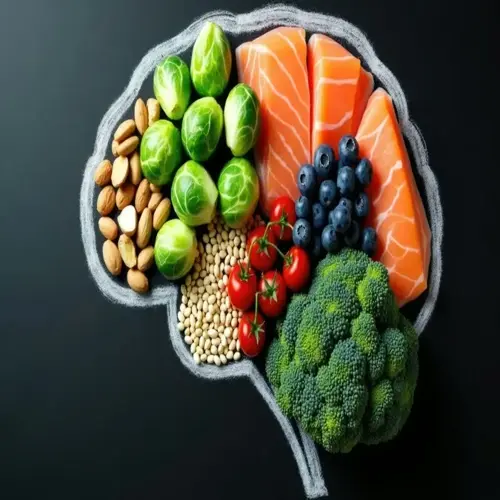What vitamins support skin hydration?

Written by
Stella Nilsson
Reviewed by
Prof. Benjamin Murphy, Ph.D.Specific vitamins serve an important role in maintaining skin hydration through several biological mechanisms. Vitamin C stimulates the formation of collagen, while Vitamin E protects the lipids of the skin barrier from oxidative effects. These nutrients work in concert to improve water retention, optimize barrier protection, and enhance the cell's capacity to hydrate itself from within.
Barrier Enhancement
- Vitamin C: Boosts ceramide synthesis for stronger barrier
- Vitamin E: Protects lipid layers from free radical damage
- Vitamin D: Regulates genes for lipid production pathways
- Niacinamide: Increases ceramide and fatty acid levels
Cellular Hydration
- Vitamin A: Normalizes turnover preventing flaky buildup
- Vitamin C: Supports Natural Moisturizing Factor components
- Vitamin B5: Attracts water molecules to skin cells
- Vitamin D: Enhances aquaporin channel function
Vitamins can also be applied topically for their specific hydration benefits. Vitamin C serums have the most effective results when applied at a 10-20% concentration to clean skin. Niacinamide works well paired with zinc for barrier repair. Retinol should be used at night and introduced gradually, starting with lower concentrations. Moisturizer should always be used after the vitamin treatments to seal in the benefits.
Topical Application
- Apply vitamin C on dry skin before moisturizer
- Use niacinamide before heavier creams
- Retinol works best on alternate nights initially
- Vitamin E enhances stability of vitamin C
Dietary Strategies
- Combine vitamin C foods with iron sources
- Pair vitamin D intake with healthy fats
- Cook vitamin A sources with oil for absorption
- Space vitamin supplements throughout day
You can expect to see noticeable improvements in hydration levels within the specified timelines. Vitamin C has brightening effects in 1 week, and niacinamide improves barrier function in 2-4 weeks. With continual use, you can expect to see plumper skin with less flakiness in 30 days. You can monitor your progress by the improvement in texture and decrease in tautness.
Avoid typical vitamin pitfalls. Don't layer direct acids with vitamin C or retinol. Shield vitamin-treated faces with SPF 30+ daily. Begin with lower concentrations for irritation. Recall that hydration requires consistent vitamin support through a balanced diet, a healthy environment, and topical application.
Read the full article: Hydration and Skin: Your Ultimate Guide

